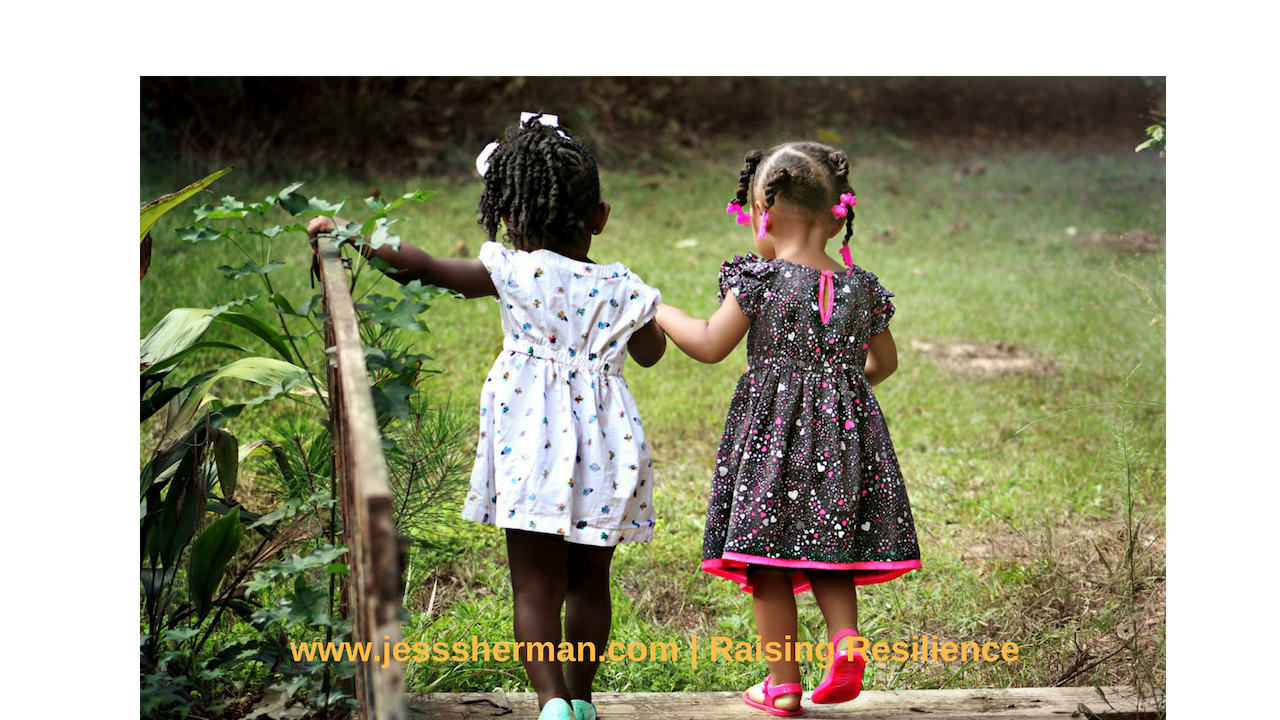What To Feed Your Family

What we feed our kids matters.
Perhaps the most impressive study to date on the influence of early child nutrition on health later in life looked at the diets of 23,000 mother/child pairs from pregnancy through to age five. Among this group, poor diet in early childhood was shown to increase rates of depressive thoughts, anxiety, tantrums, outbursts and aggression in the children later in life.
The researchers concluded that prenatal and early childhood nutrition can play a preventive role in the development of mental illness.
Even more recently, the first ever randomized study looking at the impact of diet on mood was published in January of 2018 in the British Medical Journal. Adults experiencing major depression who were also screened for poor diet habits were put into groups. Over 12 weeks the Dietary Support Group was transitioned to a whole foods mediterranean type diet increasing their intake of 12 key food groups, while reducing sugar and refined carbohydrates, fried and fast foods, processed foods and sugary drinks.
About 1/3 of the study group members got much better when on the diet while the control group members did not improve.
These researchers came to two conclusions:
- that poor diet is an extremely important contributor to mental disorders and
- that changes in diet could provide a treatment strategy for the management of major depression and associated diseases.
Interestingly, the researchers also looked at the cost of those diet changes and found that the group eating better were spending an average of about $26 less a week on food as compared to the other group.
Feeding our kids a diet high in healthy fats, antioxidants, fibre and phytonutrients and low in processed foods, refined grains, and sugar can make them healthier and stronger and can even play an important role in reversing troubling symptoms or medical conditions you might be seeing.
We can use food as a tool to help our kids feel and function better.
In my book, Raising Resilience, I outline for parents the most important things to pay attention to with regard to feeding their kids and provide recipes that bring it all together.
The book boils down nutrition research into simple solutions busy families can manage.
Raising Resilience is on sale now. Get Your Copy Here.
Related Blog Posts:
Nutrition and Postpartum Depression
The Trifecta For Resilient Health
Do Gluten and Sugar Impact Behavior?
References:
Jacka et al (Oct 2013) J Am Acad Child Adolesc Psychiatry. Maternal and early postnatal nutrition and mental health of offspring by age 5 years: a prospective cohort study. 52(10):1038-47
SMILES study: Depression & nutrition. https://www.madinamerica.com/2017/02/smiles-study-depression-nutrition/
Jacka, F et al (Jan 2017) A randomised controlled trial of dietary improvement for adults with major depression (the ‘SMILES’ trial). BMC Medicine. DOI: 10.1186/s12916-017-0791-y
Almudena Sánchez-Villegas (Oct 2009). Association of the Mediterranean Dietary Pattern With the Incidence of Depression. JAMA Psychiatry
Jacka et al, (2011) A Prospective Study of Diet Quality and Mental Health in Adolescents http://dx.doi.org/10.1371/journal.pone.0024805





